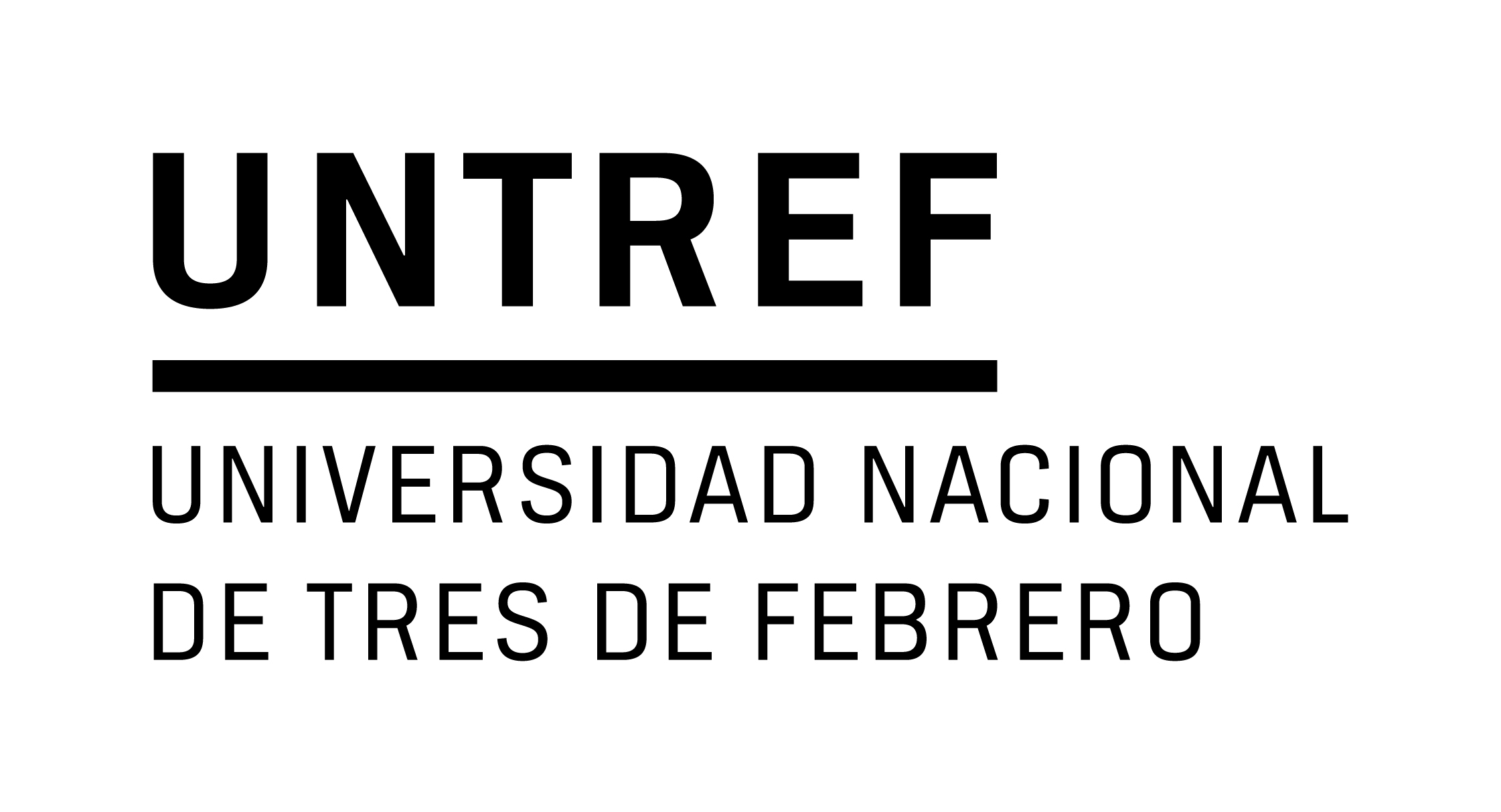Sites of knowledge (re - ) production : toward an institucional sociology of International Relations scholarship
Por: Grenier, Félix .
.
Colaborador(es): Hagmann, Jonas .
.
Tipo de material:  Artículo Tipo de portador: ImpresoTema(s): RELACIONES INTERNACIONALES
Artículo Tipo de portador: ImpresoTema(s): RELACIONES INTERNACIONALES| Tipo de ítem | Ubicación actual | Signatura | Info Vol | Estado | Notas | Fecha de vencimiento | Código de barras | Reserva de ítems |
|---|---|---|---|---|---|---|---|---|
| Publicación Periódica | Biblioteca UNTREF - Sede Posgrados | H327/ REV (Navegar estantería) | Vol. 18, no. 2 (jun. 2016) | Disponible | SE | 2.009359 |
In his 1998 article, The Sociology of a Not So International Discipline, Ole Wæver suggested to assess the development and organization of the International Relations (IR) discipline through a three-tier comparative sociological research framework. It is by looking at the intellectual, institutional, and political layer of IR, so he argued, that one can fully understand the specificities of IR as a complex social field of work as well as the particular forms of knowledge that are developed in this field. In the years following its publication, Wæver’s article was joined and followed up by a growing and increasingly sophisticated body of literature studying IR scholarship. Yet, a thorough reading of this literature shows that the emerging sociology of IR has come to focus strongly on only two of Wæver’s three analytical layers: It is the intellectual and political layers of IR that garnered significant attention thus far, whereas work about the field s institutional layer remains surprisingly scarce. This forum seeks to address this gap by means of promoting a dedicated engagement with the field’s institutional determinants: How is the institutional layer of IR organized in different places? How is the discipline embedded in distinct sites? And how is it governed by material and immaterial institutional constraints? To answer these questions, the forum s six individual contributions focus on conventional university departments and hybrid sites of international relations alike. In doing so, the forum s ambitions are both to highlight the empirical diversity of sites and settings where specialized knowledge about international relations is produced, shaped, and re-instantiated, and to illustrate how a focus on the institutional layer of IR can become an important vector for opening up the literature to insights from related fields of study.
